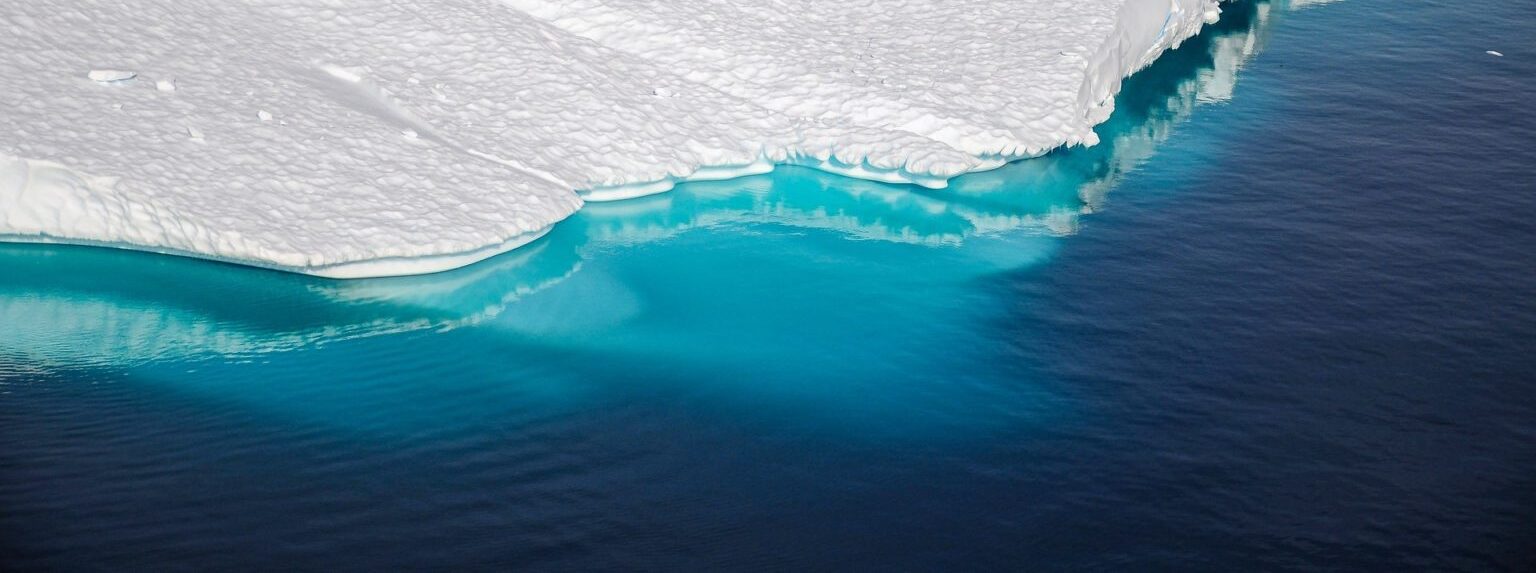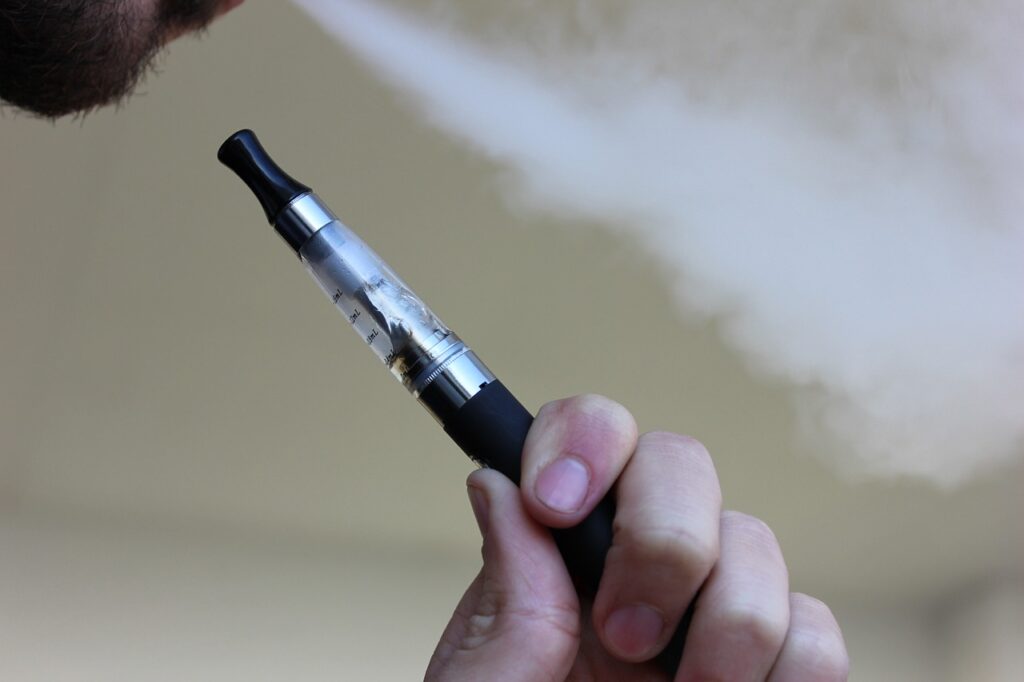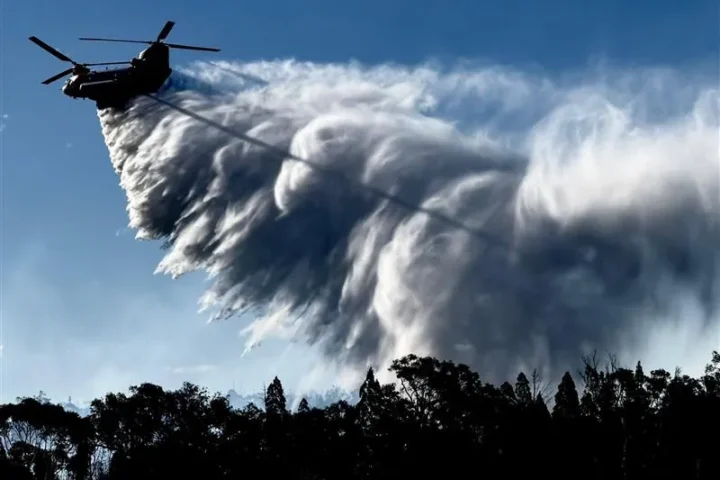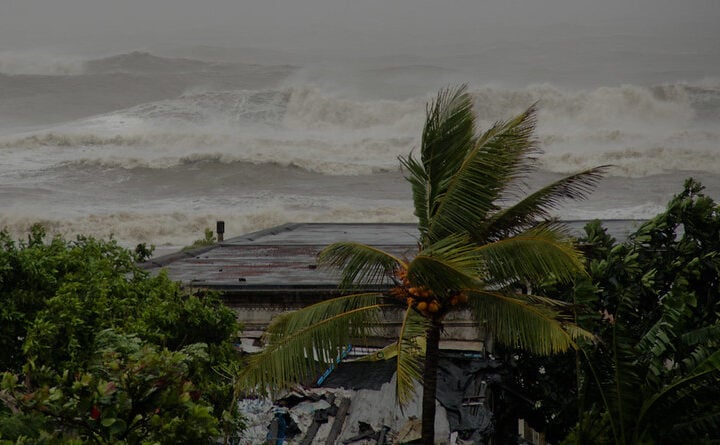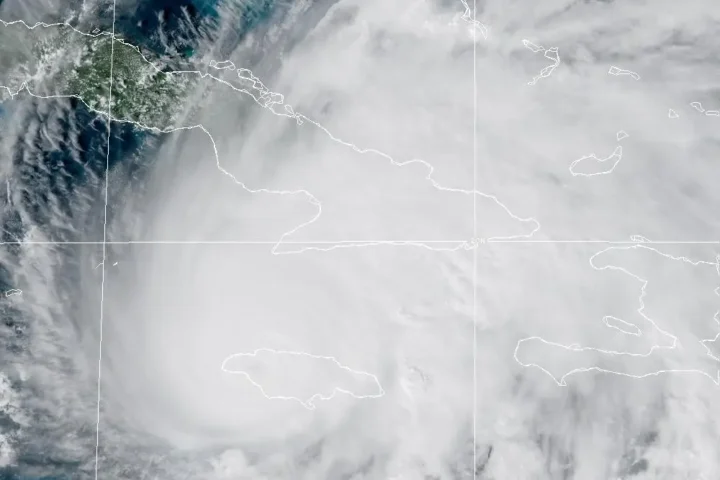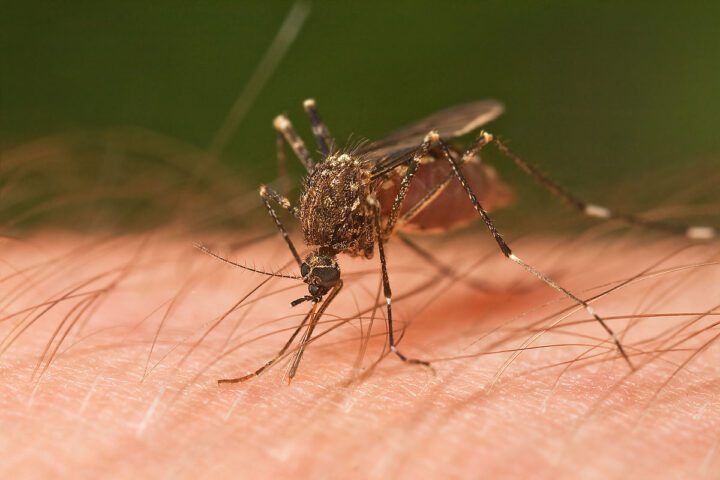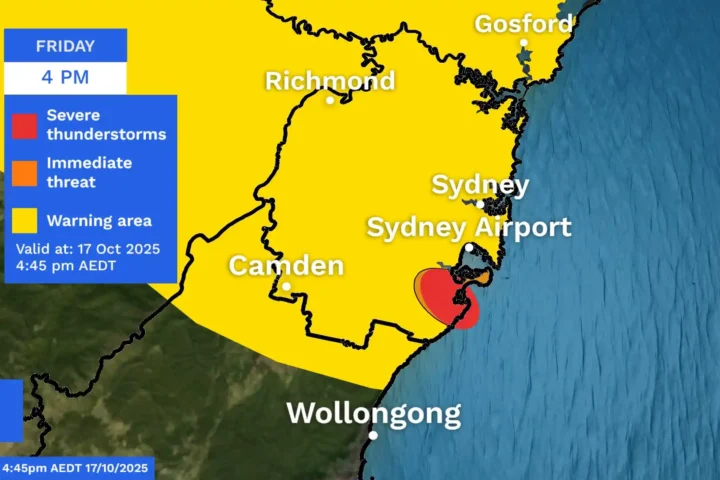New research reveals specialized microscopic organisms living under Arctic sea ice are facing severe risks as warming temperatures accelerate ice retreat in the region. The study, published in Scientific Reports, examined microscopic life forms in the Beaufort Sea off northern Canada’s coast.
Research teams from the University of Exeter, Laval University, and Concordia University studied marine organisms across four distinct environments: open ocean, river mouths, coastal waters, and under-ice habitats. Their findings expose concerning trends about the survival of specialist species.
“Every drop of the ocean is alive with tiny organisms,” explains Vicky Jackson from Exeter’s Living Systems Institute. “These form complex communities that are the basis of all marine food webs – directly or indirectly feeding all ocean animals.”
The research uncovered that under-ice environments house the least diverse but most specialized communities of plankton and microbes. These organisms have evolved specific adaptations to survive in the harsh, low-light conditions beneath Arctic ice sheets.
More Stories
Dr. Adam Monier, a key researcher in the study, warns about the unprecedented pace of environmental change: “These under-ice species are adapted to their environment – for example, receiving low levels of ultraviolet light. Species can adapt, but change in the Arctic is happening on a timescale that makes this difficult or impossible.”
Current Arctic Changes
- The region is warming at minimum twice the global average rate.
- The risk of an ice-free Arctic summer is increasing.
- Research covered four distinct marine environments in the Beaufort Sea.
- Study extracted RNA from seawater samples.
The rapid transformation of Arctic ecosystems poses multiple threats. As ice melts, specialist species face competition from generalist organisms better suited to ice-free conditions. Dr. Monier notes: “They may rapidly find themselves in an entirely new environment where they are out-completed by more generalist species. It is hard to predict what impacts this could have on wider marine food webs.”
The researchers took samples of seawater and extracted RNA to discover what microbes were active within it. The study revealed that the specialized under-ice communities might be replaced by more generalist species found in other marine environments as ice cover continues to decrease. This shift could have cascading effects throughout Arctic marine food webs.
